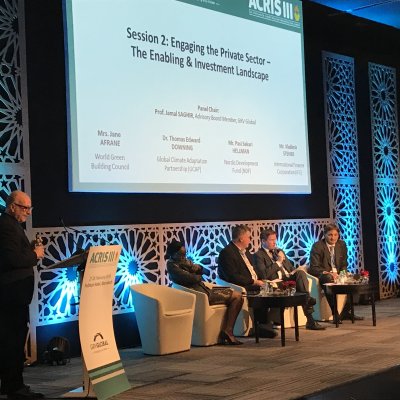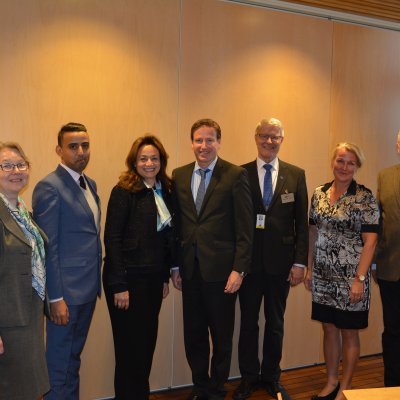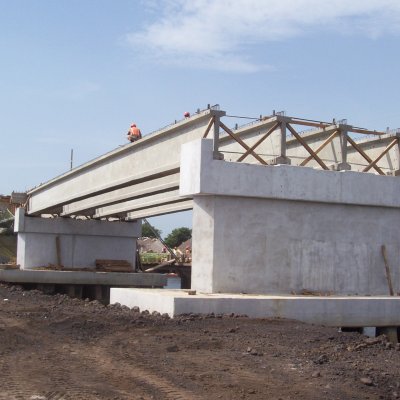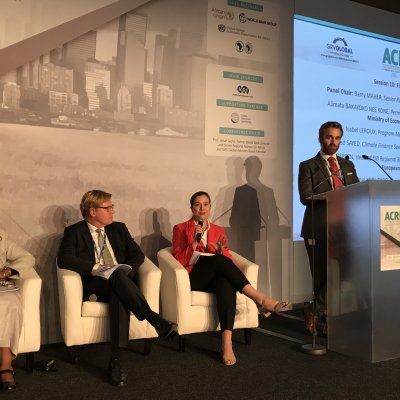Africa Climate Resilient Investment Facility (AFRI-RES) [NDF C91]
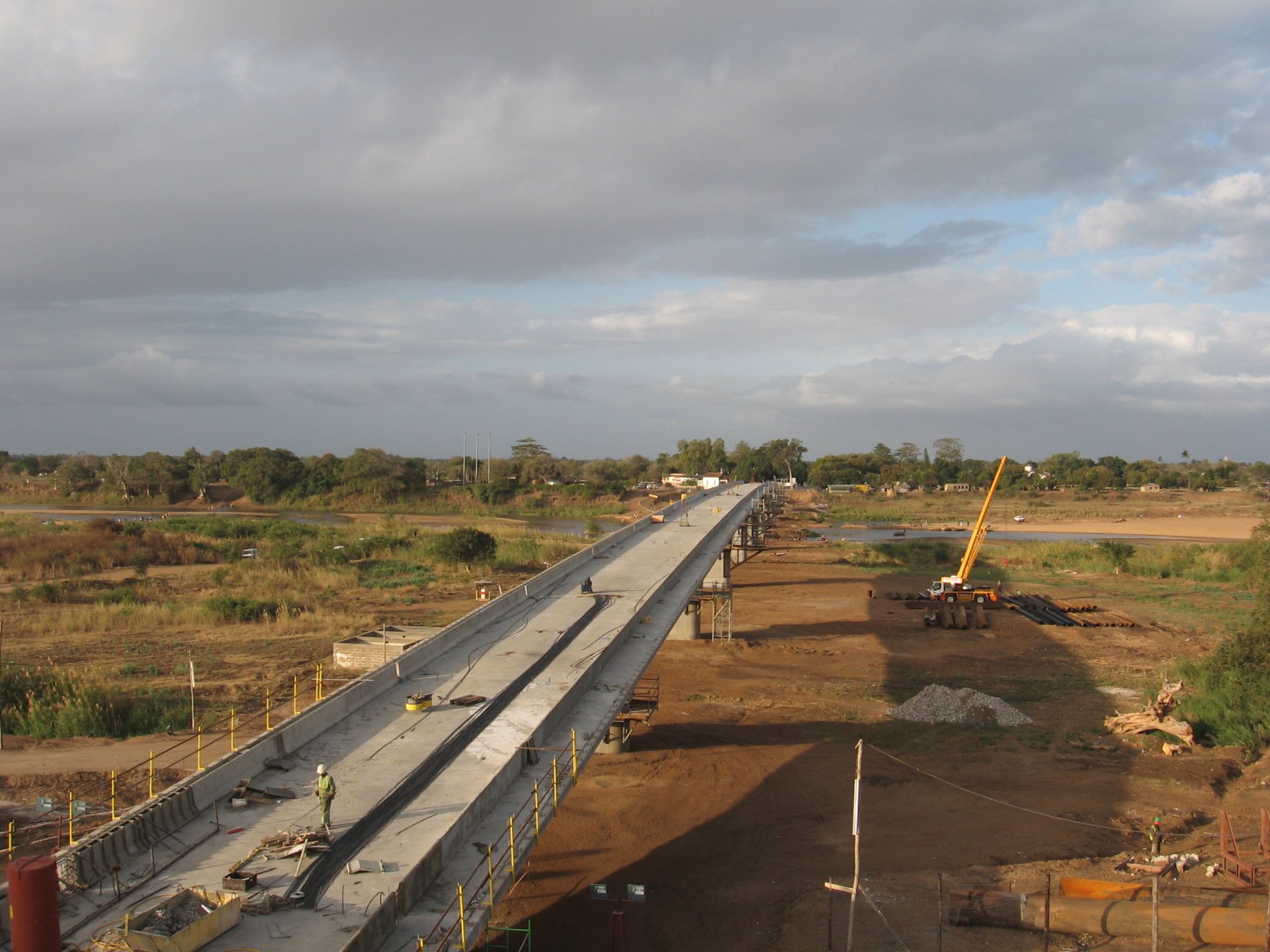 Photo: NDF
Photo: NDF
The AFRI-RES initiative aims to strengthen the capacity of African institutions (including national governments, river basin organisations, regional economic communities, power pools, and others) and private sector to plan, design, and implement investments in selected sectors, so as to increase their resilience to climate change.
REGION
Africa
PROJECT REFERENCE
NDF C91
DURATION
2017 to 2025
NDF FINANCING
EUR 5.0 million
FINANCING TYPE
Grant
IMPLEMENTING AGENCY
World Bank, African Climate Policy Centre (ACPC)/UNECA, and the World Bank
NDF CONTACT
Martina Jägerhorn
(martina.jagerhorn@ndf.int)
OBJECTIVE
The overall objective of the initiative is to strengthen the capacity of African institutions (including national governments, river basin organisations, regional economic communities, power pools and others) and private sector to plan, design and implement investments in selected sectors, so as to increase their resilience to climate change. The specific objective is to establish an Africa-based centre of technical competence and excellence that would assist governments, planners and private developers in Africa to integrate climate change in project planning and design, thereby attracting funding from both development and climate finance sources.
To sustain Africa's growth, and accelerate the eradication of extreme poverty, investment in infrastructure is fundamental. To fill Africa's infrastructure gap, some USD 93 billion per year for the next decade will need to be invested. Much of this investment will support the construction of long-lived infrastructure (e.g. dams, power stations, irrigation canals, transport corridors, etc.), which may be vulnerable to changes in climatic patterns: water needed for power generation or irrigation may not be available in the amount needed or at the right time; roads may get washed away more frequently as a result of more frequent high rainfall events.
The integration of climate risks in the planning of climate-sensitive investments requires a change in mind-set away from consolidated behaviour and practices to an integrated framework approach that brings together climate information, climate impact assessment and decision-making for infrastructure investment. Such a shift in mind-set requires credible climate information used with appropriate modelling tools and supported by dedicated institutions to better inform policy and development planning. Efforts to shift the mind-set of investment planning towards climate resilience is likely to be most effective if conducted in Africa, by Africans, and from within the established policy institutions on the continent.
The proposed establishment of an Africa Climate Resilient Investment Facility (AFRI-RES) to be anchored with the UN Economic Commission for Africa (UNECA) in the existing Africa Climate Policy Centre (ACPC) will be a critical step in this direction, and essential to both improve planning and avoid wasted investment resources.
NDF support will make it possible to establish the AFRI-RES Facility. NDF will seek to involve—where feasible—relevant Nordic knowledge, skills and technology for development of climate-resilient infrastructure.
FINANCING
The total project cost estimate is EUR 23.1 million. NDF is providing EUR 5.0 million in grant while the World Bank provides in-kind co-financing of EUR 8.1 million. Although still not fully confirmed, UNECA and other financiers are expected to provide an additional EUR 10 million.
NDF CONTACT
Martina Jägerhorn, Program Manager (martina.jagerhorn@ndf.int)

